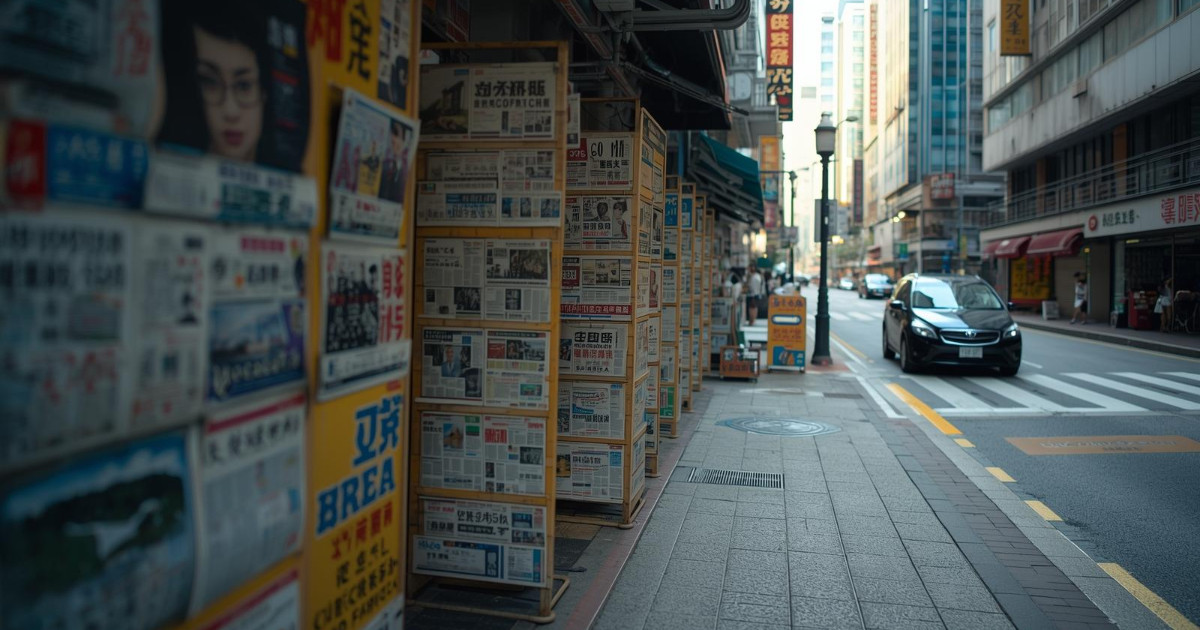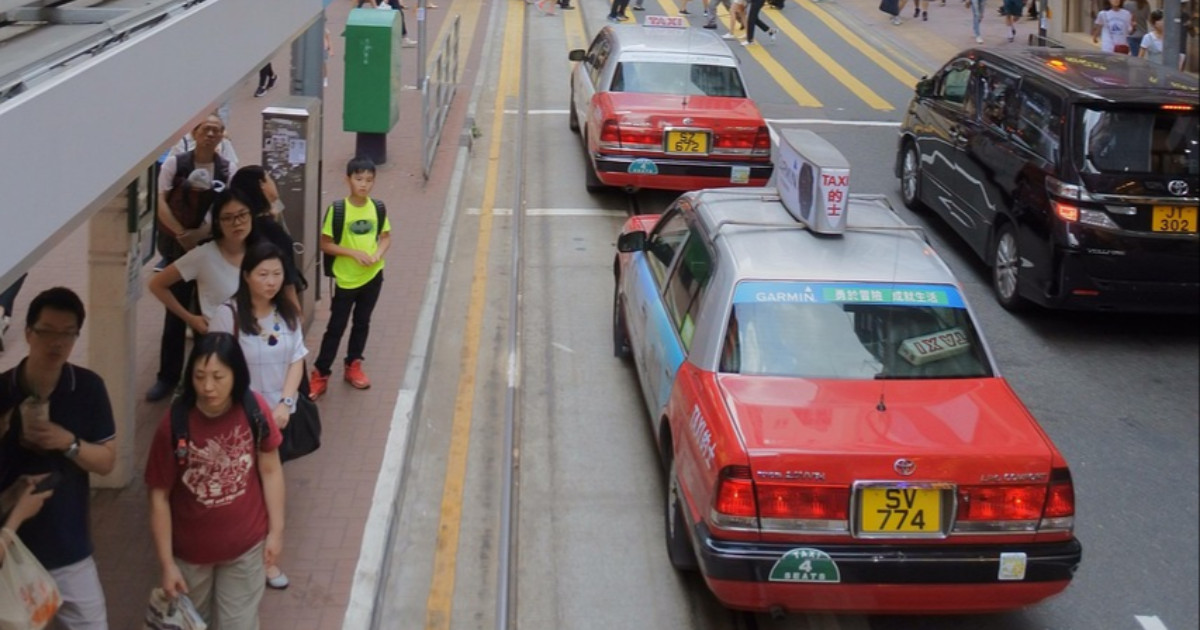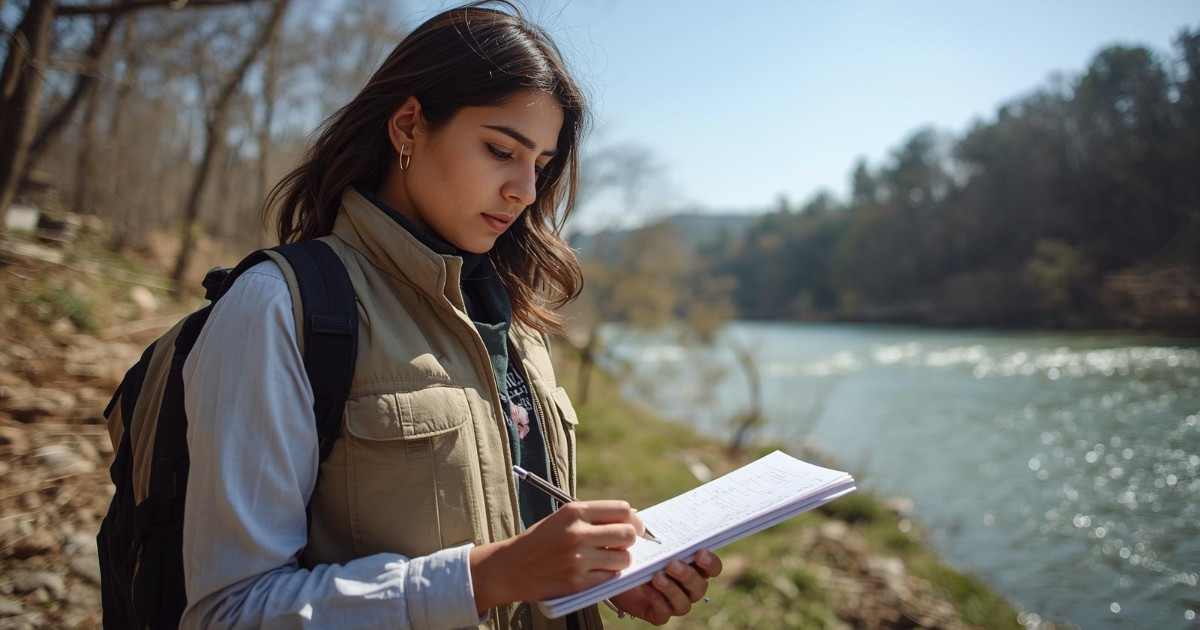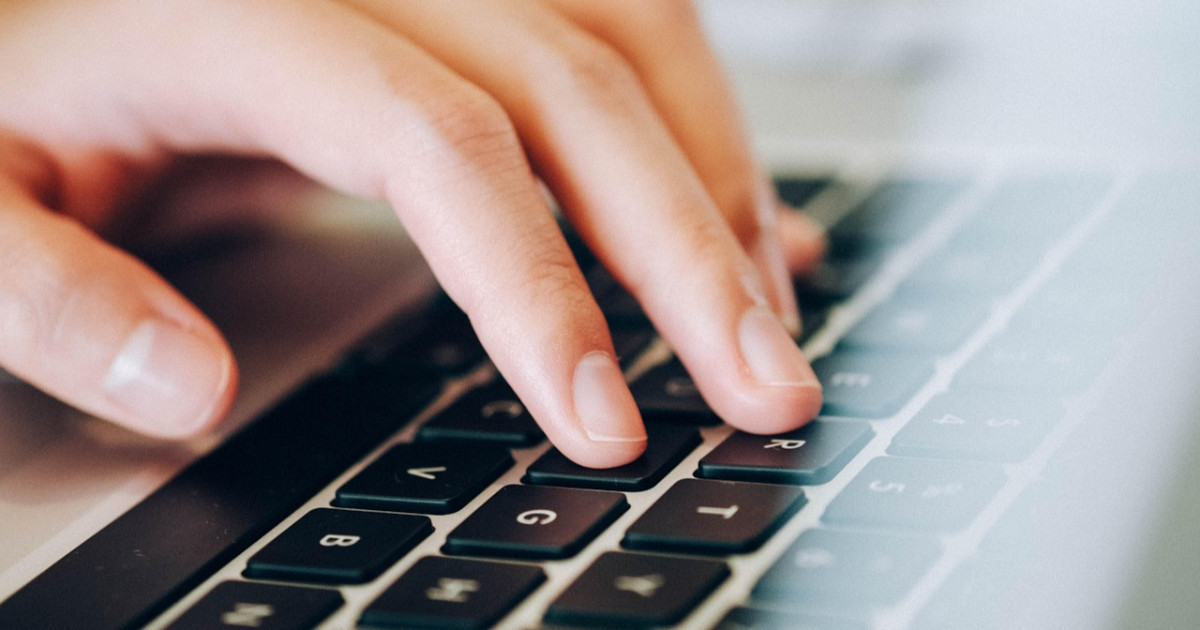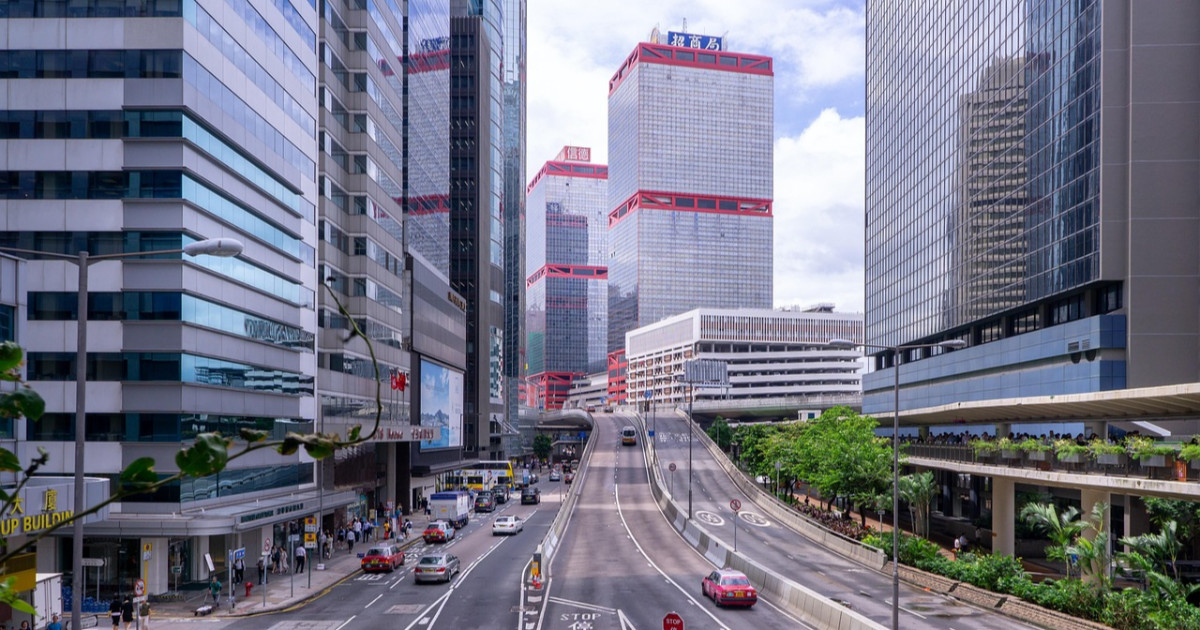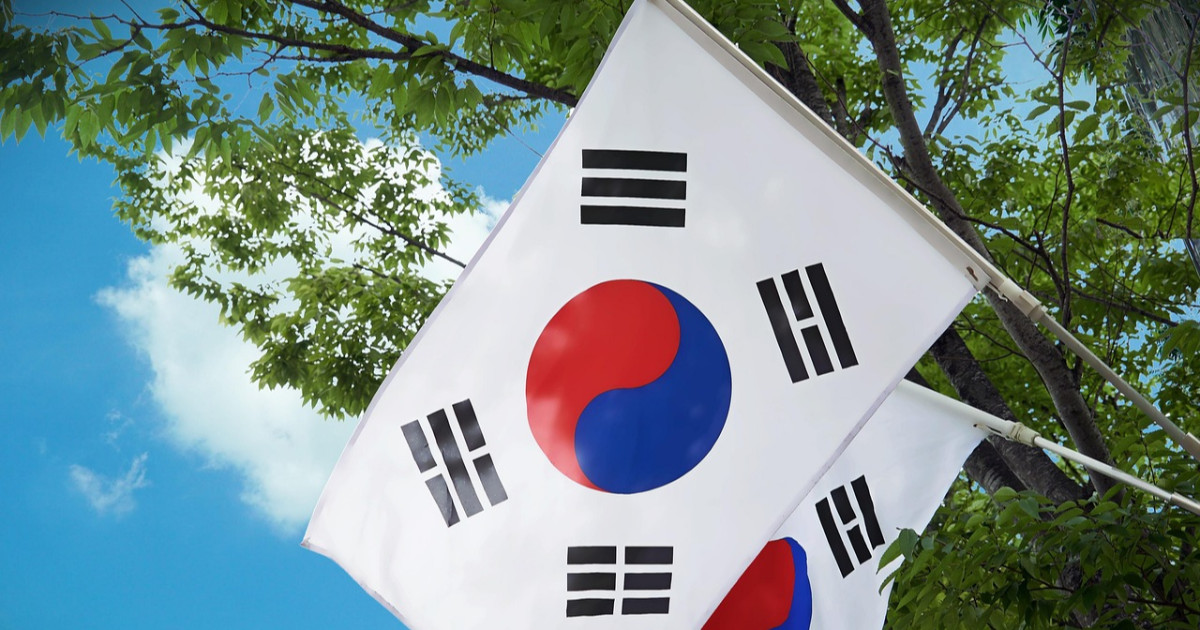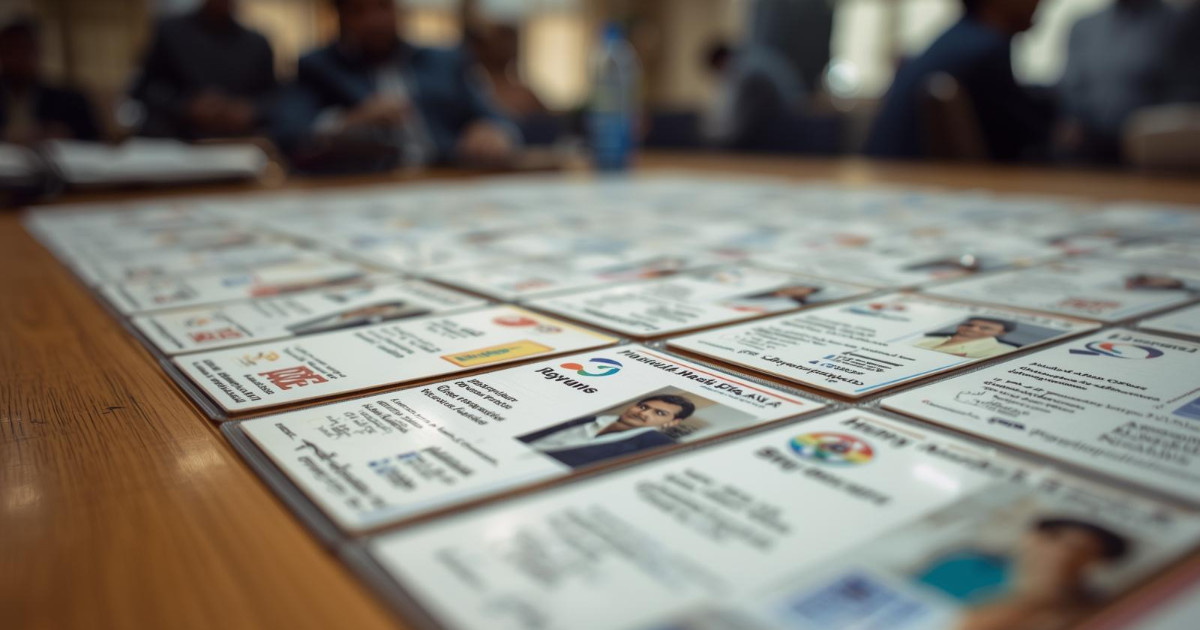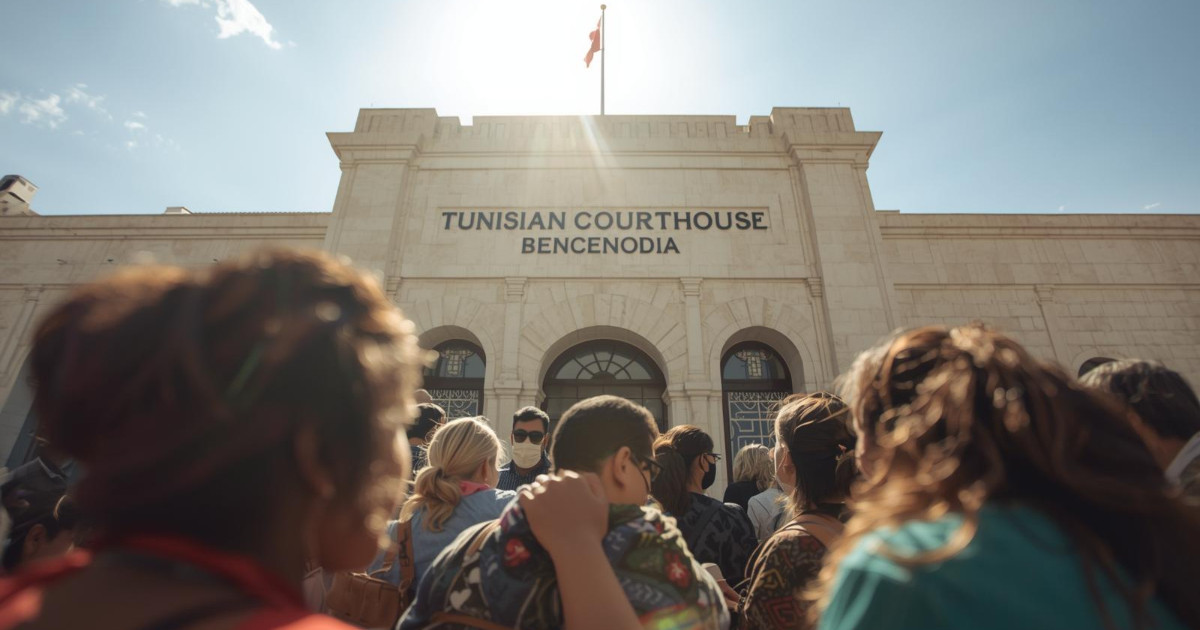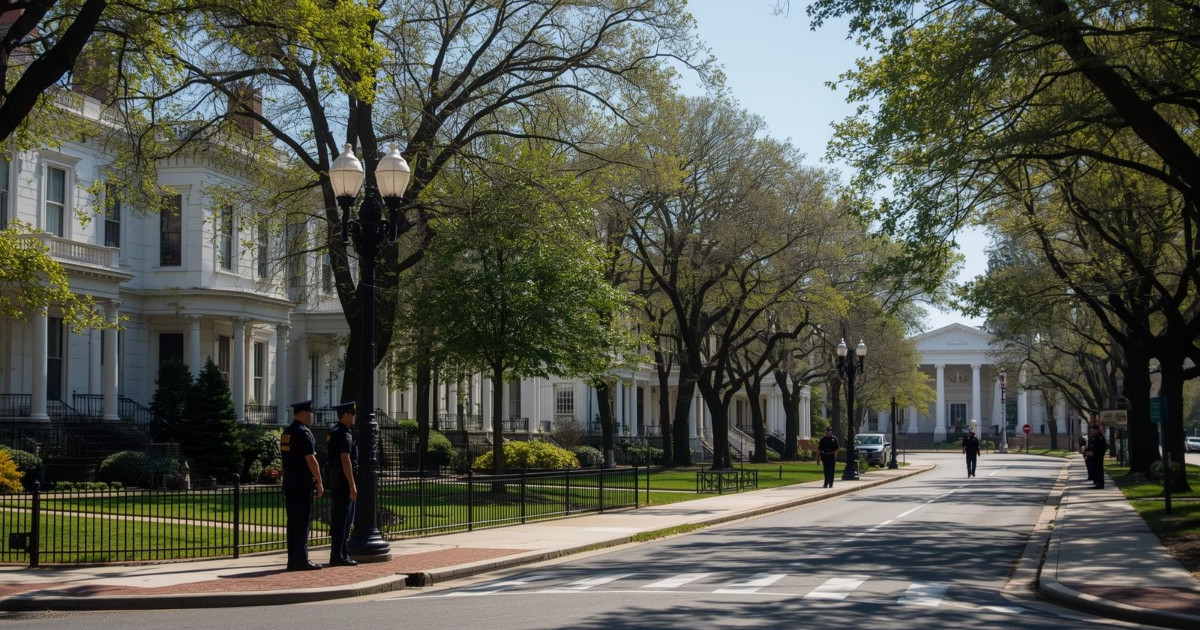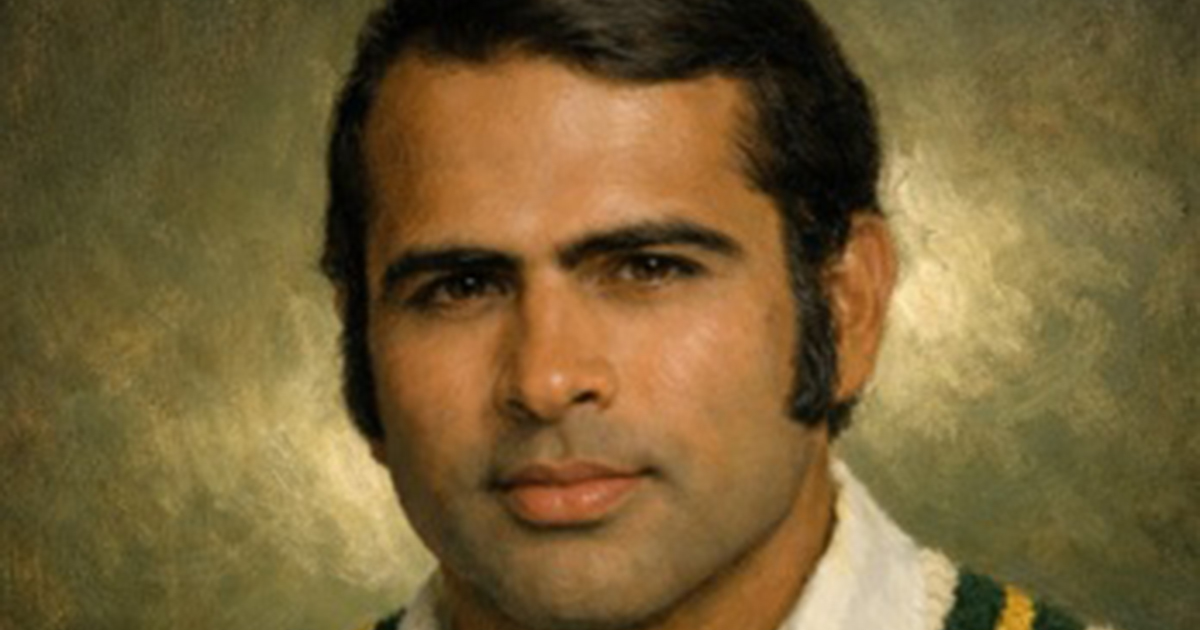UN alarm over India's media crackdown after Pahalgam attack
JournalismPakistan.com | Published: 26 November 2025 | JP Asia Desk
Join our WhatsApp channel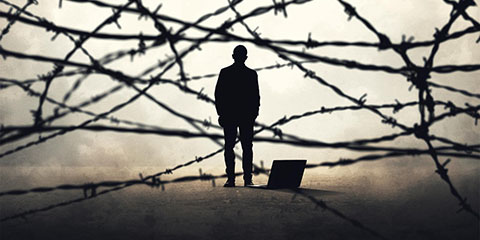
UN human rights experts are alarmed by the extent of rights violations in India following the Pahalgam attack. The crackdown includes mass detentions and severe media restrictions.Summary
GENEVA — UN human rights experts on Tuesday said they were deeply alarmed by what they described as “serious violations” committed by Indian authorities in the aftermath of the April 22 Pahalgam attack, which left 26 people dead. The experts extended their condolences to the victims and the government of India, but stressed that counter-terror efforts must remain within the boundaries of international human rights law.
They said sweeping security operations across Jammu and Kashmir resulted in the detention of around 2,800 individuals, including journalists, human rights defenders, and activists. Many were reportedly held under the Public Safety Act (PSA) or the Unlawful Activities (Prevention) Act (UAPA), legislation that allows prolonged detention without formal charges or trial. Detainees were allegedly held incommunicado, denied access to lawyers and family, and subject to torture; the experts also cited several suspicious deaths in custody.
Crackdown extends beyond arrests
Beyond detentions, the experts documented punitive house demolitions, forced evictions, and arbitrary displacement targeting families of individuals accused of supporting militants. These measures, they argued, amount to collective punishment and violate a 2024 judgment by India’s Supreme Court prohibiting such demolitions without due process.
Severe restrictions on media, communication, and expression
Authorities reportedly imposed mobile internet suspensions, communication blackouts, and blocked roughly 8,000 social-media accounts, including those belonging to journalists and independent media outlets. The experts described these as indiscriminate restrictions on freedoms of expression, peaceful assembly, and association. They warned that these measures are contributing to a climate of fear among journalists and human rights defenders.
The experts said these developments go far beyond typical counter-terror operations and reflect a pattern of repression targeting Muslims and Kashmiris more broadly. They pointed out that the crackdown has affected students subject to surveillance and harassment, fueled hate speech, and triggered mass expulsions of nearly 1,900 Muslims and Rohingya refugees, actions they said breach international non-refoulement obligations.
They urged India to reform its counter-terror laws so they comply with international standards, ensure accountability for abuses, and immediately release individuals arbitrarily detained in Jammu and Kashmir. The experts also called on India and Pakistan to seek a peaceful resolution of the Kashmir conflict to prevent ongoing cycles of violence and rights abuses.
ATTRIBUTION: Reporting based on the statement by UN human rights experts as summarized by media and rights-monitoring outlets.
PHOTO: AI-generated and for illustrative purposes only.
KEY POINTS:
- UN experts flagged sweeping arrests by India after the Pahalgam attack, including journalists and activists under PSA and UAPA.
- Reports include torture, detainees held without access to lawyers or family, and suspicious deaths in custody.
- Families of accused individuals faced house demolitions, forced evictions, and arbitrary displacement.
- Authorities imposed mobile internet shutdowns and blocked around 8,000 social-media accounts, targeting journalists and independent media.
- Experts called these measures collective punishment and violations of constitutional and international human rights standards.




